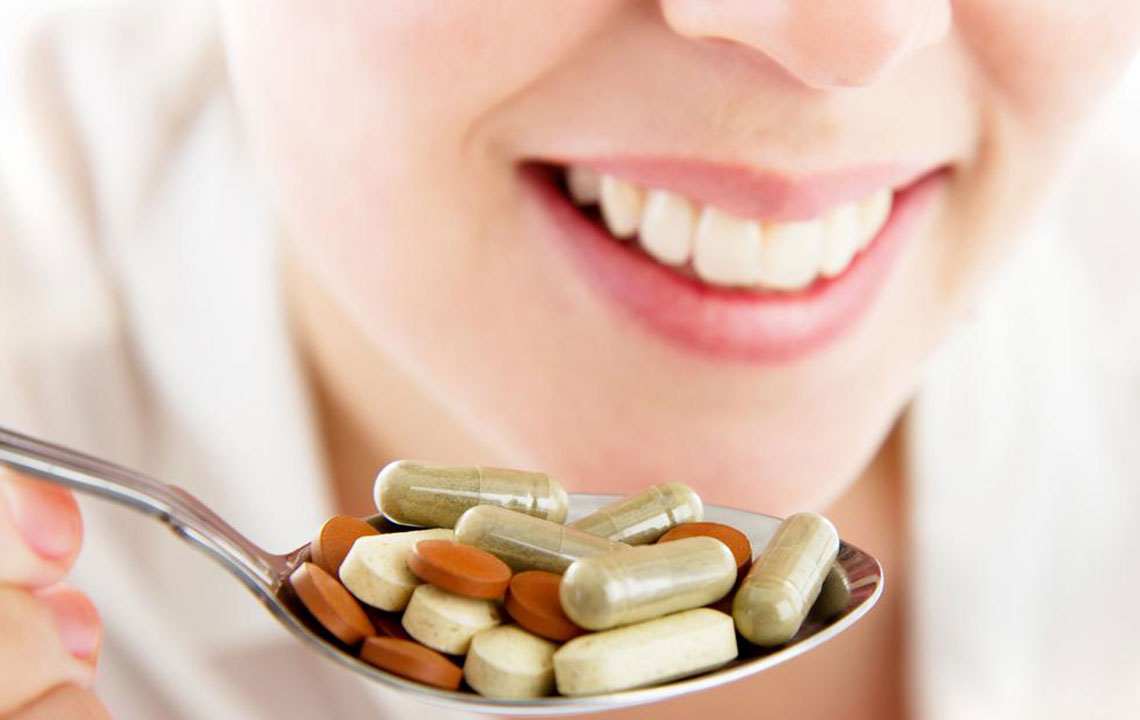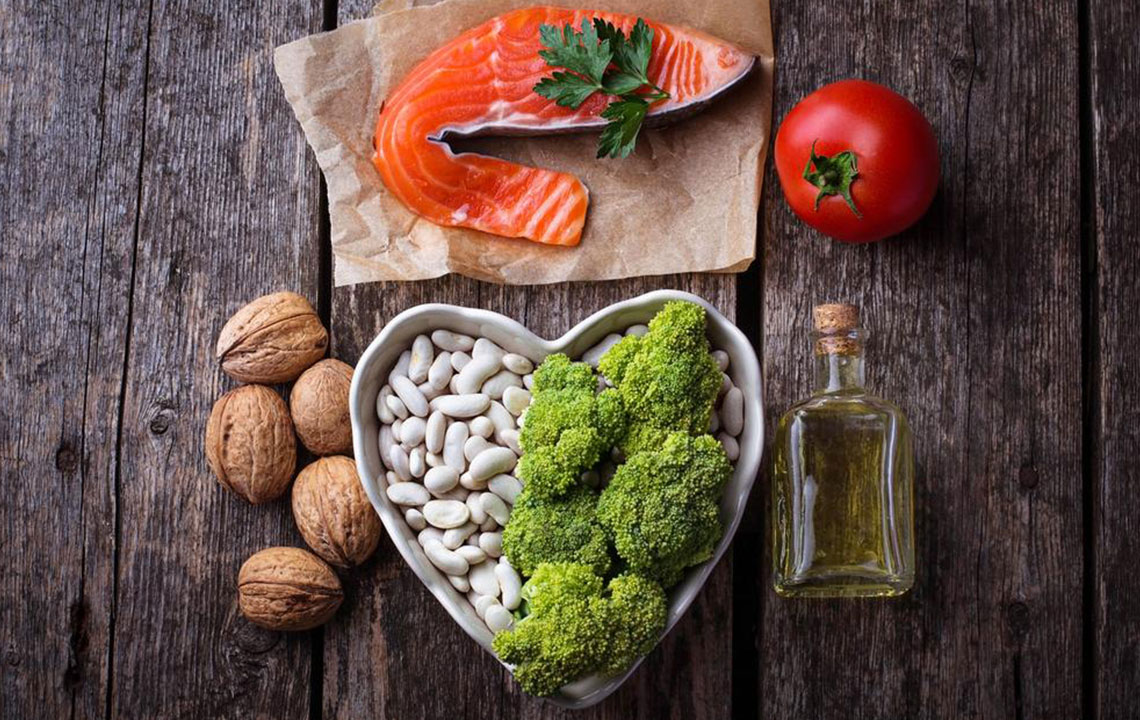Top Vitamins to Support Heart Health and Maintain Cardiac Wellness
Discover essential vitamins that promote heart health naturally. This guide covers key nutrients like Vitamins B6, B9, B3, D, E, and C, highlighting their roles in reducing heart disease risks. Incorporate these vitamins into your diet through simple food choices to strengthen your cardiovascular system, prevent artery blockages, and maintain overall wellness. A balanced vitamin intake, combined with healthy habits, can significantly improve heart health and reduce the likelihood of heart attacks and strokes.

Top Vitamins to Support Heart Health and Maintain Cardiac Wellness
The heart's muscular contractions pump oxygen-rich blood throughout the body, vital for overall health and survival. Disruptions in this process can be life-threatening. As the central organ overseeing other bodily functions, maintaining heart health is crucial. Adopting a healthy diet and regular exercise can significantly reduce risks like stroke and cardiac events. Incorporating specific vitamins into your daily routine offers natural protection against heart ailments. These essential nutrients help prevent conditions such as blood clots, artery damage, and inflammation, promoting a strong, active heart.
Adjusting your diet by including certain vitamins, alongside physical activity, can dramatically lower the risk of cardiovascular disease — a leading cause of mortality worldwide. Here are key vitamins that support a healthy, resilient heart:
Vitamin B6
Elevated homocysteine levels in the blood are linked to increased heart disease risk. Vitamin B6 helps regulate these levels, supporting arterial health and reducing clot formation. Many people do not consume enough B6, which is found in foods like spinach, carrots, bananas, dairy, legumes, cereals, and meat. Proper intake helps maintain vascular strength and prevents heart issues.
Vitamin C
Rich in antioxidants, Vitamin C fights free radicals that can damage heart tissues. It supports arterial health and lowers the chances of coronary heart disease. Consuming citrus fruits, strawberries, and papayas regularly ensures adequate Vitamin C intake, bolstering overall cardiovascular resilience.
Vitamin B9 (Folic Acid)
This vitamin reduces the risk of heart problems by controlling homocysteine levels, especially when combined with B6 and B12. Found in leafy green vegetables, beans, and liver, sufficient B9 intake minimizes artery clogging and blood clot formation. Adults should aim for around 400 micrograms daily.
Vitamin B3 (Niacin)
Playing a crucial role in lipid management, Vitamin B3 helps lower bad cholesterol (LDL) and triglycerides while increasing good cholesterol (HDL). Nuts, eggs, and dairy are excellent sources. Adequate B3 intake supports heart health by reducing inflammation and preventing arterial plaque buildup.
Vitamin D
Essential for overall cardiovascular health, Vitamin D helps reduce inflammation and blood pressure. Sun exposure, along with foods like salmon and eggs, aids in maintaining optimal levels. Adequate Vitamin D reduces heart attack risk, especially in older adults, with recommended doses increasing with age.
Vitamin E
A powerful antioxidant, Vitamin E prevents oxidative damage that causes plaque deposits in arteries. Nuts and seeds provide these protective nutrients. Proper Vitamin E levels help reduce the risk of stroke and heart attack, but excess intake should be avoided to prevent blood thinning.
Integrate these vital vitamins into your daily diet to support your heart's health. A balanced intake can help ward off cardiovascular diseases and promote long-term well-being.










